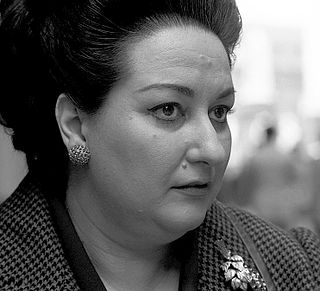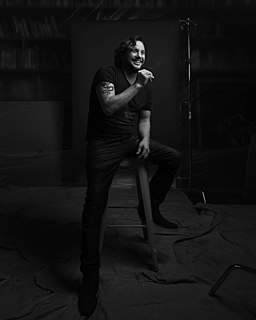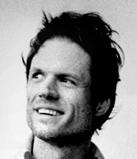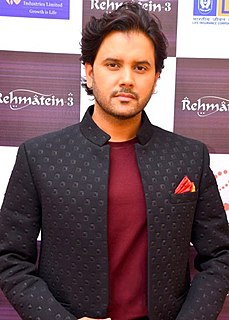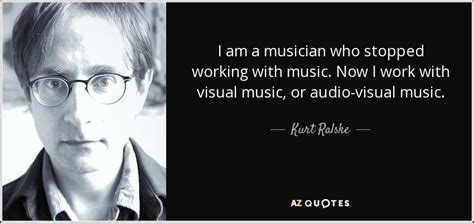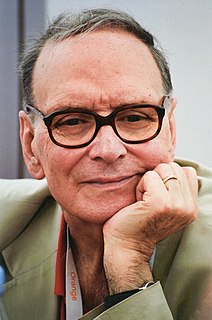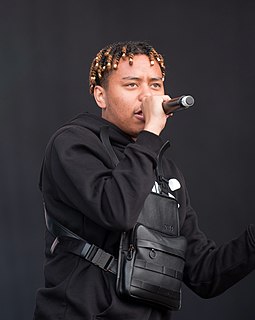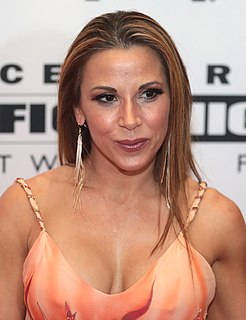A Quote by Montserrat Caballe
This has not changed: always like the first time, very, very nervous. But when the music begins, you are in the music, it's a sort of transformation. Your feeling for the music is greater and has nothing to do with your nerves. You go out of yourself.
Related Quotes
Music and time have such an interesting relationship. Music makes time fall away like almost nothing else. You hear a song from another moment of your life and it really is like you're still there. That's why the music of our youth ends up being particularly powerful. The coming of age music that you grab a hold of as the symbol or the expression of your independence and hopes for the future and anger and rebellion or whatever it is you're feeling is so powerful for the rest of your life when you hear it.
Music, to me, is the most beautiful form, and I love film because film is very related to music. It moves by you in its own rhythm. It's not like reading a book or looking at a painting. It gives you its own time frame, like music, so they are very connected for me. But music to me is the biggest inspiration. When I get depressed, or anything, I go "think of all the music I haven't even heard yet!" So, it's the one thing. Imagine the world without music. Man, just hand me a gun, will you?
My music doesn't really sound like punk music, it's acoustic. And it doesn't really sound like folk music 'cause I'm thrashing too hard and emoting a little too much for the sort of introspective, respectful, sort-of folk genre thing. I'm really into punk and folk as music that comes out of communities and is very genuine and very immediate and not commercial.
If I was a young director starting off, there's so many tools at your disposal now to do things relatively inexpensively that it's a great time to learn your chops and do some cool music videos. If I started all over again, I'd still be doing music videos, I'd just be doing them very differently. It's very difficult for me to do them now, but for young kids out there that love music and want to tackle a different art form - and I do think music video is an art form - that's a very cool thing to do.
In American commercials in the past year or two, I don't know, the singers all sound like they're whining and the music's all melancholy. It's sort of like, I hear these commercials and it makes me feel sad, you know? Like - for instance, my barley tea is gone. Now, there's music out there that encourages you, when your barley tea has run out, to just sort of sit there and be like "My tea ran out. Oh, man." And just be slouching. So we wanted to make music that when your tea runs out, instead you're like, "I'm gonna go get some more tea!" You know? It just gives you the energy.
For me space rock is something that takes you out of yourself and out of your normal realm. And if space happens to be that inner space or outer space it's a very personal thing. I think that mantra is space music. I think that Native American tribal drumming is space music. Anything that allows you to go inward to go outward and to move within a space that is not normal to your reality.
I'd been making music that was intended to be like painting, in the sense that it's environmental, without the customary narrative and episodic quality that music normally has. I called this 'ambient music.' But at the same time I was trying to make visual art become more like music, in that it changed the way that music changes.
Some people who make music are instantly very savvy about how they can get their music to communicate in a larger way. For me, the music was always first, and I put a lot of time and effort and thought into making the recordings. But everything else around it, all the things that were necessary to have a career in pop music, I was completely ill equipped to handle.
In music, what is very important is temporality of space and length, based on the breathing space the director gives the music within the film, by separating the music from various elements of reality, like noises, dialogues... That's how you treat music properly, but it doesn't always happen this way. Music is often blamed, but it's not its fault.
